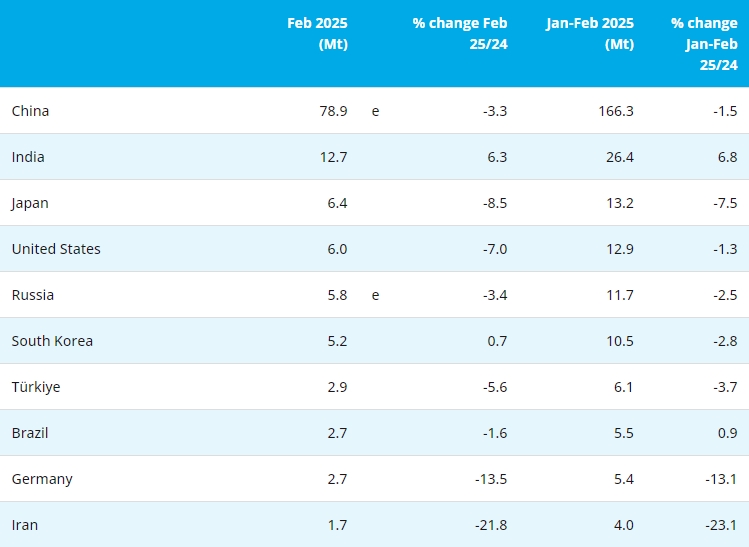Brazil’s proposed changes to its mining law and other related regulations are not only triggering a global uproar from environmentalists, which oppose the planned opening of more than 1 million acres of protected land to miners, but also among resources firms with interests in the country.
Both experts and mining companies fear some of the intended modifications would also result in hefty taxes, higher research costs and decrease interest from foreign investors.
Their worries stem from a package of three presidential decrees issued last month, which together with updating the country’s legal framework for mining, hikes royalties by as much as 80%.
Taxes on mining revenue will rise by a set rate on diamonds, gold and other materials, while iron ore royalties will increase in tandem with the price of the mineral, gradually growing from 2% if the market price is less than $60 a tonne, to a maximum of 4% if the price rises above $100 a tonne. Other commodities will be affected as detailed by Mondaq:
MP No. 789/2017: modifies the calculation method regarding CFEM, the mining royalty:
- Assignor and assignee of mining rights are jointly liable for CFEM existing debts;
- The new tax basis will consider the gross revenue of the mineral sale, not including taxes. Currently, the tax basis considers the net sales. The new rules came into effect on August 1st;
-
Tax rates set forth by law, on a maximum of 4%:
- 0,2%: gold and diamond, when extracted through small scale mining permission regime, and other gemstones;
- 1,5%: rocks, sand, gravel, clay and other minerals used in civil construction;
- 2%: gold and other minerals, except for iron ore; and
- 3%: bauxite, manganese, diamond, niobium, potassium and halite;
-
For mining ore: progressive tax rates, according to the international price:
- 2%: below US$ 60;
- 2,5%: from US$ 60 and below US$ 70;
- 3%: from US$ 70 and below US$ 80;
- 3,5%: from US$ 80 and below US$ 100; and
- 4%: from US$ 100 on.
The changes that will go into effect in November, if approved by Congress before then, will see some royalties fall, such as those applied to raw materials used directly in construction, which will become 1.5% lower.
The regulations also create a National Mining Agency to replace the National Department of Mineral Production, which is expected to increase transparency and reduce bureaucracy.
Together with updating the country’s legal framework for mining, changes imply hiking royalties by as much as 80%.
“The increase in mining costs is the most important outcome of these changes," Valdir Farias, chief executive of Fioito Consultoria, a local consultancy firm specializing in mining taxes, told the Metal Bulletin. (subs. required).
The Brazilian Mining Association, which counts the country’s largest miner and world’s No. 1 iron ore producer Vale (NYSE:VALE) among its members, has also expressed its concerns.
According to the industry body, it won’t be possible to cut costs enough to offset the higher levies. "Mining companies feel pressured to pass on this new cost increase to the industrial production chain," it said in a July statement to Reuters. "This new condition will increase the risk of loss of competitiveness in the international market for ores."
Others, such as analyst Pedro Galdi, believe the revisions to the mining code should have little impact on companies in the sector.
"In general, miners didn't like the measures, and the increase in royalties should be passed on to consumers. However, with the country's inflation currently in free-fall, the effect may not be noticeably observed," Galdi told BNAmericas.
President Michel Temer has argued that changes across many sectors of the economy are necessary to shore up government finances as Brazil emerges from its worst recession on record.
- [Editor:Wang Linyan]



 Save
Save Print
Print Daily News
Daily News Research
Research Magazine
Magazine Company Database
Company Database Customized Database
Customized Database Conferences
Conferences Advertisement
Advertisement Trade
Trade








 Online inquiry
Online inquiry Contact
Contact

Tell Us What You Think